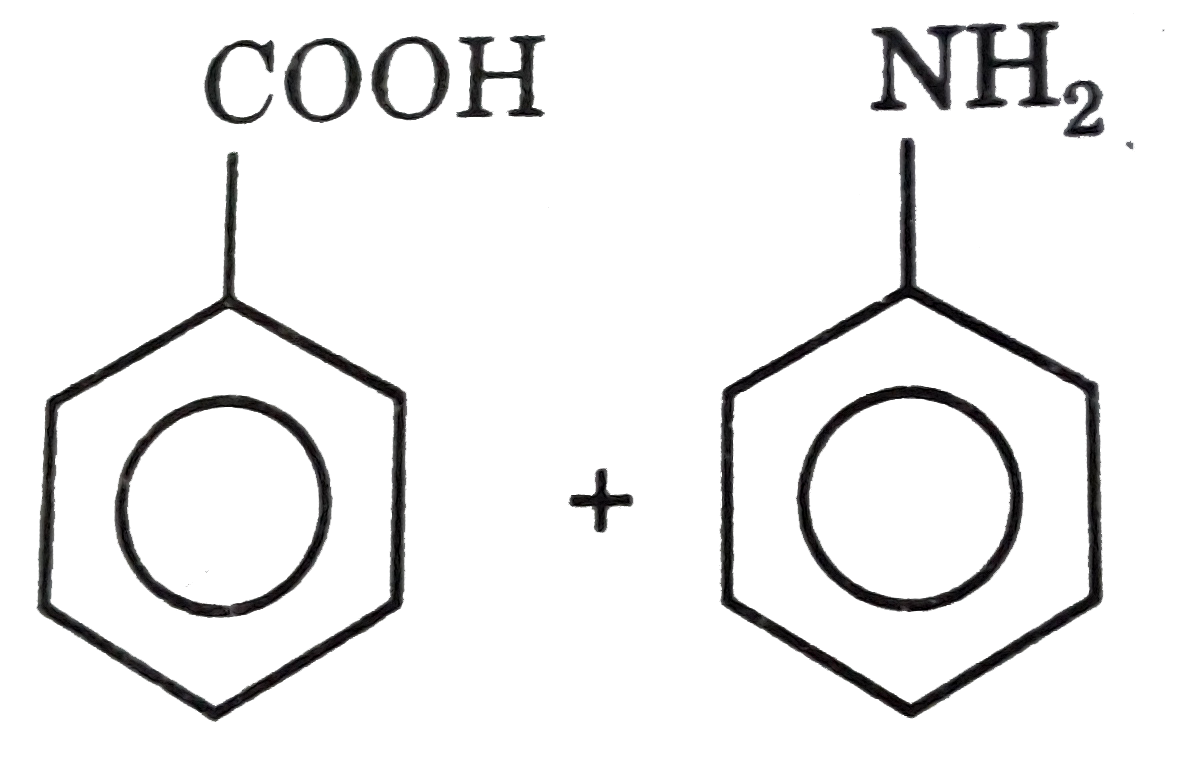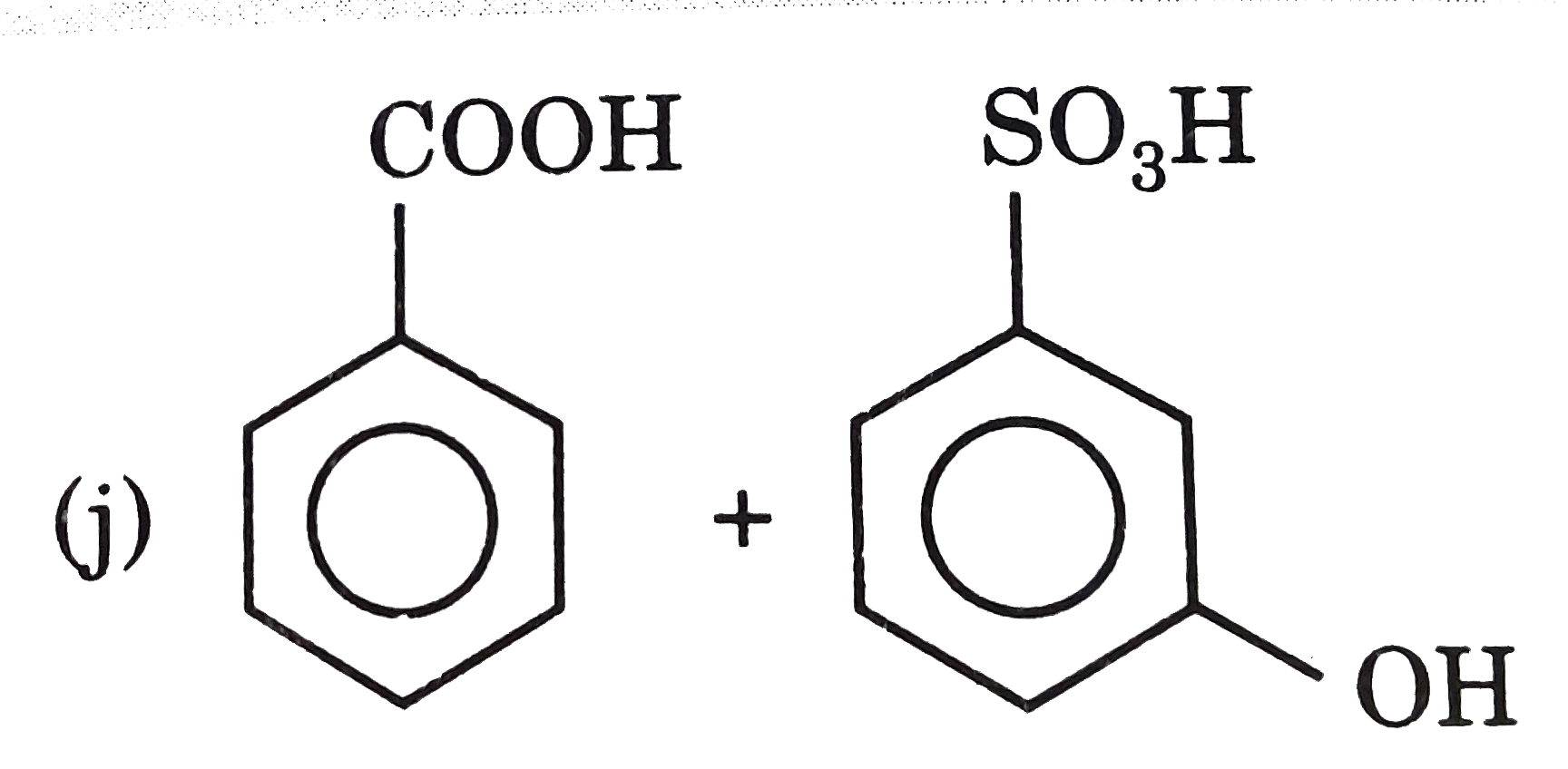How much of the following 0.1M solutions are acidic?
a. NH4CI b. NaOH c. HC2H3O2 d. NaCI
e. NH3+NH4CI f. NH3 g. HCI
h. HCIO4 i.(NH4)2SO4 j. K2SO4
Acidic
[HCIO4,HCI,HC2H3O2,(NH4)2SO4andNH4CIBoth salt ofWB/SA] (Five compounds)
Topper's Solved these Questions
- BOOK - CENGAGE CHEMISTRYCHAPTER - IONIC EQUILIBRIUMEXERCISE - Exercises True/ False10videos
IONIC EQUILIBRIUM
- BOOK - CENGAGE CHEMISTRYCHAPTER - IONIC EQUILIBRIUMEXERCISE - Archives Multiple Correct3videos
IONIC EQUILIBRIUM
- BOOK - CENGAGE CHEMISTRYCHAPTER - IONIC EQUILIBRIUMEXERCISE - Exercises Assertion-Reasoning36videos
IONIC EQUILIBRIUM
- BOOK - CENGAGE CHEMISTRYCHAPTER - HYDROGEN, WATER AND HYDROGEN PEROXIDEEXERCISE - Subjective Archive (Subjective)3videos
HYDROGEN, WATER AND HYDROGEN PEROXIDE
- BOOK - CENGAGE CHEMISTRYCHAPTER - ISOMERISMEXERCISE - Assertion-Reasoning Type1videos
ISOMERISM
Similar Questions
Knowledge Check
- Question 1 - Select One
NH3 and H2O form NH4OH by
Aelectrovalent bondBcovalent bondCcoordination bondDnone of these - Question 2 - Select One or More
Which of the following statements is (are) correct about the reaction given below ?
NH4OH+HCI→NH4CI+H2OANH2OH acts the oxidising agent .BThe reaction is a neutralization one.CHCI acts as the reducing agent.DThis is a double displacement reaction.
Write equations showing all of the equilibrium reactions occuring in aqueous solutions containing each of the following sets of reagents:
a. NaCI
b. NaOH
c. NaC2H3O2+HC2H3O2
d. Na2S+CuS
e. NH4CI+NH3+Mg(OH)2(s)View SolutionWhich of the following pair of solutions does not form a buffer solution?
(A) NaH2PO4 and Na2HPO4
(B) H2CO3 and NaHCO3
(C) NH4OH and NH4Cl (D) KOH and K2SO4View SolutionN2H4+Zn+KOH+H2O=NH3+K2[Zn(OH)4]
View SolutionCount the number of pairs which may act as a buffer solution when present in a given solution
(a) CH3COOH+NaOH (b)
(c) NH4CI+HNO3 (d) HCIO4+KCIO4
(e) H3PO4+NaOH (f) H3PO3+NaOH
(g) NaHCO3+Na2CO3 (h) H2SO4+Na2SO4
(i) CH3COONa+HCI
(j) View Solution
View SolutionWhich of the following reactions is a redox reaction?
(a).CuSO4+4NH3→[Cu(NH3)4]SO4
(b).Na2SO4+BaCl2→BaSO4+2NaCl
(c ).SO2+H2O→H2SO4
(d).2CuSO4+4KI→Cu2I2+2K2SO4+I2View SolutionWhich of the following on heating will produce an oxide of nitrogen
(NH4)2SO4,(NH4)2Cr2O7,NH4NO3,KNO3,Pb(NO3)2,(NH4)2HPO4,NH4Cl,NH4NO2View Solution

